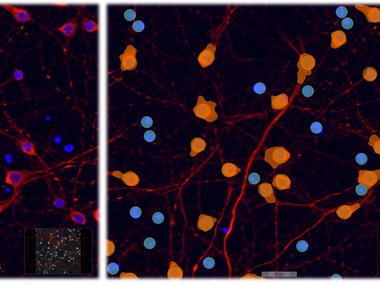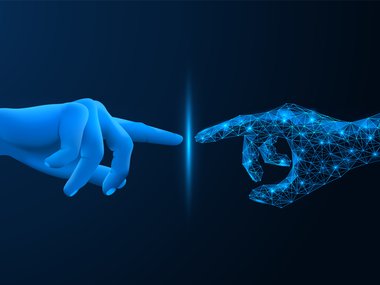Question Your World: Can AI Detect Breast Cancer?
Artificial intelligence often gets lumped into some scary, futuristic, dystopian sci-fi movie-plot kind of categories, but there is a lot of potential for this technology to positively impact health. In fact, multiple studies across the world are investigating the ability of AI to screen for certain cancers. So, can AI detect breast cancer?
In a recent US study, researchers gave five different AI programs mammogram images and family medical history from over 13,000 women collected between 2016 and 2021. The research team tasked the tech programs with predicting which women showed a risk of developing cancer.
As this was a retrospective study, meaning all the information of the subjects was collected in the past and processed by humans, researchers already knew the outcomes. This was a test for the AI. The results: it passed! All five AI programs were better at predicting the risk of breast cancer as compared to humans alone.
In a recent Swedish study, researchers tested an AI program on its ability to detect cancer in mammograms using data from 80,000 women. Current methods of screening calculate the risk score of developing breast cancer using a variety of self-reported information and medical personnel review of screenings. In some instances, two radiologists are required to review the scans.
So, how did the AI do on this test?
The group whose scans were read by a radiologist along with AI had 20% more cancers detected than the group whose mammograms were read by two radiologists without additional technical assistance. The group who used the AI had an additional benefit with a reduced workload of 44%
While this sounds like a potential problem of AI replacing someone’s job, it’s not. The researchers acknowledge the human aspect of work in medical research is not in jeopardy of being outsourced by an algorithm. These AI methods would simply be new tools to help human doctors be more effective and precise in their work. AI is only as good as the information that is fed into it. This technology is designed to do specific tasks and to think about those tasks, not global domination.
AI programs such as these have the potential to do computation much faster and key in on important details to help medical professionals make recommendations for their patients. So, while Hollywood is great at depicting AI as Skynet Terminators or HAL from 2001: A Space Odyssey, scientists are finding some powerful uses for this technology to raise the bar on our quality of life.


